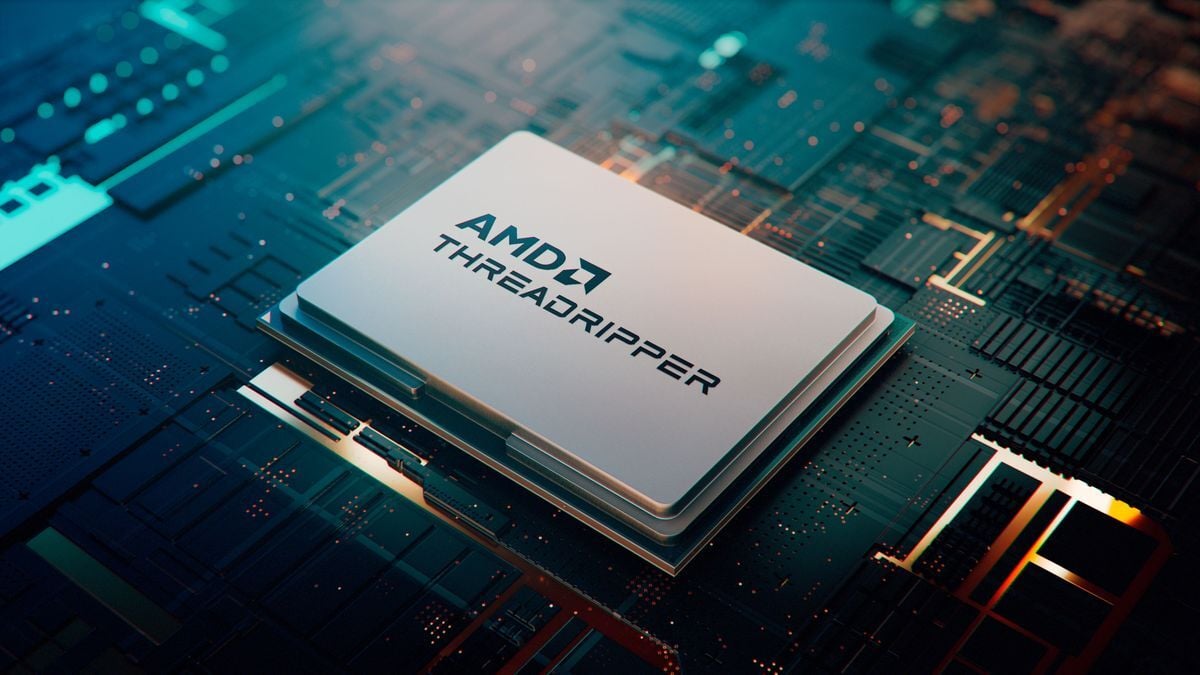AMD says overclocking blows a hidden fuse on Ryzen Threadripper 7000 to show if you’ve overclocked the chip, but it doesn’t automatically void your CPU’s warranty::AMD explains the hidden fuses behind Ryzen Threadripper 7000 processors and how it will handle warranty claims.



I get what you’re saying. In a way I can see how it feels like setting a low speed limit so police can pull over whoever they want.
I think what I would say in response to that is, IMO, processors are all so fast these days that you can pretty much buy anything current and you will be fine for basic computing. The value of processors right now is just really high.
I just don’t think it is necessary to overclock in current year. It’s more of a hobby, and I say this as someone who overclocks as a hobby.
Back in the day, a couple hundred extra MHz would not just be a way more significant percentage numerically, but it could get you over the hump from a bad experience to a good experience. Today, we’re talking about 3300MHz vs 3500MHz, and it just isn’t a big difference when you experience it.
In fact, AMD’s precision boost overdrive will give you those couple-hundred MHz without voiding your warranty at all. So if you’re looking to squeeze out a little extra performance, you are covered. You just have to turn it off and demonstrate that you still have the issue before AMD will approve a warranty claim.
So what is actually voiding the warranty? It’s people going outside of what PBO is willing to do. That’s where we get into larger and larger increases in clock speed, and more importantly higher voltages. Higher voltages induce additional stress, leading to higher failure rates.
When I used to build PCs for my friends and family, you literally had to pay extra for the privilege of being able to overclock at all. Compared to that, AMD seems really reasonable in this case.